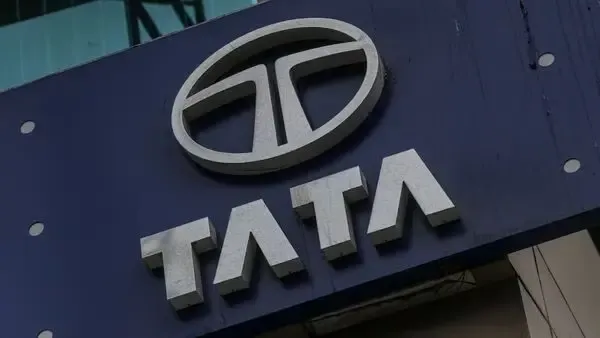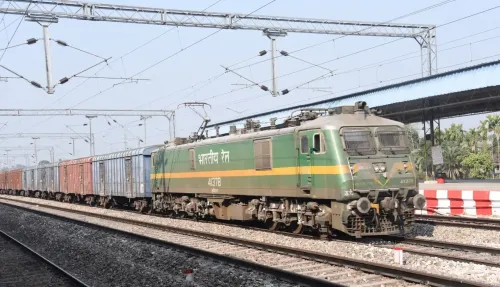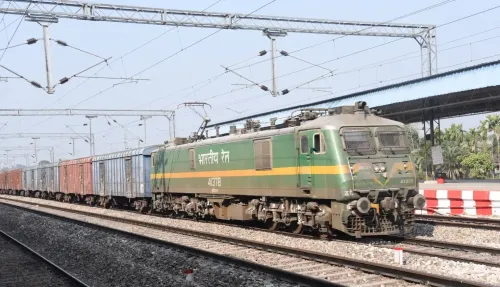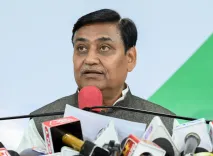Tata Group Aims to Generate 500,000 Manufacturing Positions in the Next Five Years: N. Chandrasekaran

Mumbai, Dec 26 (NationPress) The Tata Group is set to create 500,000 manufacturing positions in the upcoming five years, focusing on sectors including batteries, semiconductors, electric vehicles, and solar industries, according to Tata Sons Chairman N. Chandrasekaran's announcement on Thursday.
In his annual correspondence with employees, Chandrasekaran noted that these roles will be generated partly through facilities established throughout India, where new factories and projects will manufacture batteries, semiconductors, electric vehicles, solar equipment, and other essential hardware that will be pivotal for the future economy.
He emphasized that this is in addition to the numerous service-oriented jobs expected to emerge in sectors such as retail, technology services, airlines, and hospitality.
Chandrasekaran recapped the year 2024 for the diverse conglomerate, outlining significant achievements, including groundbreaking events at more than seven new manufacturing plants. These include India’s inaugural semiconductor fab in Dholera, Gujarat, and an outsourced semiconductor assembly and test facility in Assam.
Construction has commenced for these new facilities, like the electronics assembly plant in Narasapura, Karnataka, an automotive plant in Panapakkam, Tamil Nadu, along with new MRO facilities in Bengaluru, Karnataka. Additionally, new battery cell manufacturing plants have been set up in Sanand, Gujarat, and Somerset, UK. The C295 final assembly line (FAL) was inaugurated in Vadodara, Gujarat, alongside the start of solar module production in Tirunelveli, Tamil Nadu.
This year, TCS and Tejas Networks successfully launched the first indigenous 4G mobile telecom stack for BSNL and are preparing for 5G.
Chandrasekaran also mentioned that retail operations are expanding, with Air India consolidating four airlines to form a cohesive airline group for both India and international markets, while the Taj brand from Indian Hotels remains the strongest hotel brand globally.
Highlighting sustainability as a cornerstone of growth strategies, he revealed that in Bhutan, the company initiated a hydroelectric power project, targeting a development of five GW renewable capacity.
In collaboration with the UK government, they announced a £1.25 billion investment for transitioning towards high-quality, low-CO2 steel production in South Wales.
Chandrasekaran remarked that breakthroughs driven by AI in healthcare and mobility have the potential to benefit humanity at large, while manufacturing can significantly reshape the Indian economy.
He concluded by stating, “Global supply chains are increasingly favoring India as major corporations seek to establish a new equilibrium between resilience and efficiency.”









